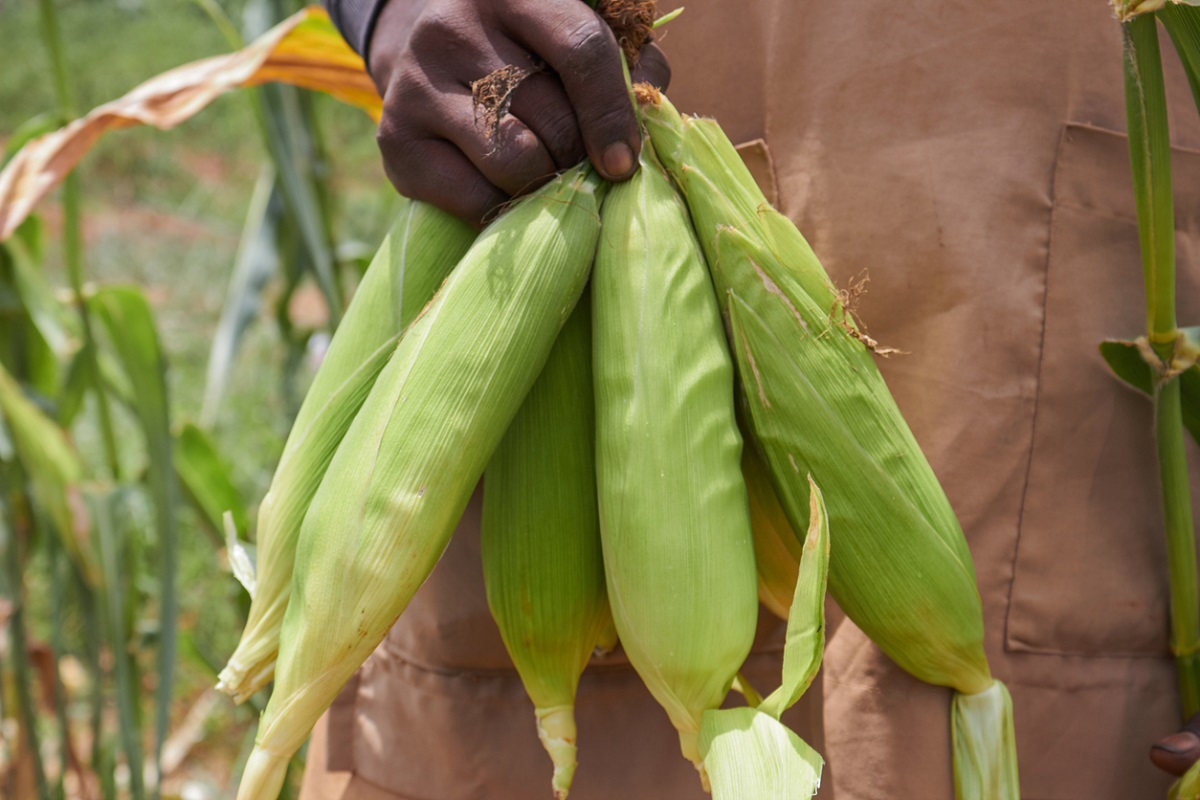
Experts Highlight the Importance of GM Technology in Sub-Saharan Africa
February 16, 2022| |
According to Russian experts, the adoption of genetic modification (GM) technology in the Sub-Saharan African (SSA) Region can help overcome most of the challenges related to agricultural productivity and food security. But this will be better achieved through a paradigm shift rather than cumulative change.
The researchers highlighted how GM technology can help to address SSA's agricultural challenges:
- Transgenic crops provide a holistic solution to various agricultural challenges instead of finding individual solutions to them individually.
- GM is a tool to address micronutrient deficiency through biofortification, supplementation, and dietary diversification.
- Climate change has caused erratic rainfall patterns and high temperatures in SSA causing water stress to crops which makes them more susceptible to pests. GM technology offers the opportunity to develop crops with high water use efficiency, nutrient use efficiency, and reduce pathogenic infection.
- GM can be an alternative management strategy against pests like the fall armyworm to attain resistance breeding, an essential part of integrated pest management.
- Gene stacking can delay pest resistance in GM crops by allowing highly effective and durable forms of resistance.
- Most members of the public do not have sufficient facts of genetic principles to make sustainable choices. Therefore, it is necessary to bring the science to the consumers and promote genetic literacy among policy makers.
- The level of investment in biotechnology is very low in SSA. Clear policies and regulatory frameworks need to be established to boost confidence in investors and expand projects to benefit all the stakeholders involved.
Learn more by reading the full review in Agronomy.
| |
You might also like:
- Africa Leads Progress in Biotech Crop Adoption with Doubled Number of Planting Countries in 2019, ISAAA Reports
- Africa's Progress in Biotech Crop Adoption Contributes to Food Security and Uplifts Farmers' Lives
- Study Reveals Friendly™ Fall Armyworm Reduces Population; Provides Long-Term Protection
Biotech Updates is a weekly newsletter of ISAAA, a not-for-profit organization. It is distributed for free to over 22,000 subscribers worldwide to inform them about the key developments in biosciences, especially in biotechnology. Your support will help us in our mission to feed the world with knowledge. You can help by donating as little as $10.
-
See more articles:
-
News from Around the World
- Svalbard Global Seed Vault Receives More Than 20,000 Seeds for 2022's First Deposit
- Experts Highlight the Importance of GM Technology in Sub-Saharan Africa
- Researchers Identify Gene Important in Soybean Protein Content
- Australia's OGTR Invites Public Comments on Proposal to Include GM Canola on GMO Register
- Japan's Food Safety and Security Expert Says GM and Genome-Edited Crops Safer than Conventional Varieties
-
Research Highlights
- Scientists Develop Yellow-colored African Violets
- GM Soybean Shows Enhanced Resistance to Soybean Cyst Nematode
-
Plant
- Chinese Scientists Elated at Approval of Gene-edited Crops
- CRISPR Cherry Tomato Shows Resistance to Pepper Veinal Mottle Virus
- Scientists Use Prime Editing in Potato and Moss
- Nigeria Releases National Guidelines on Gene Editing
- Scientists Develop Genome-Edited Powdery Mildew Resistant Wheat Without Growth Penalties
-
Read the latest: - Biotech Updates (January 21, 2026)
- Gene Editing Supplement (December 17, 2025)
- Gene Drive Supplement (February 22, 2023)
-
Subscribe to BU: - Share
- Tweet

